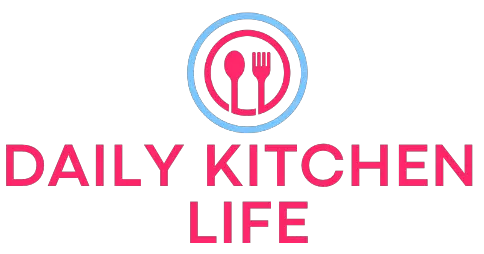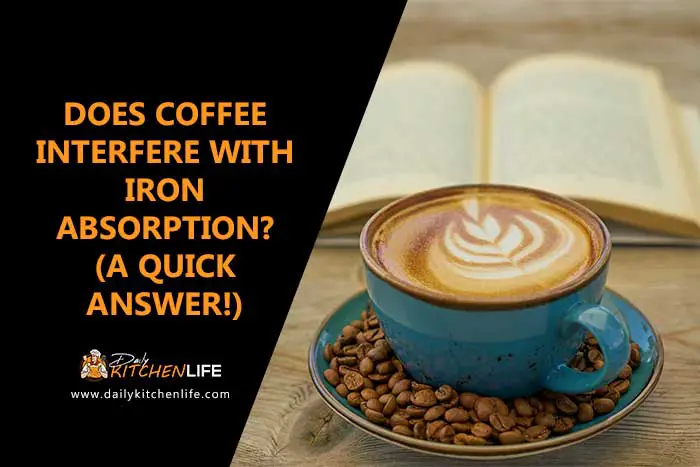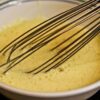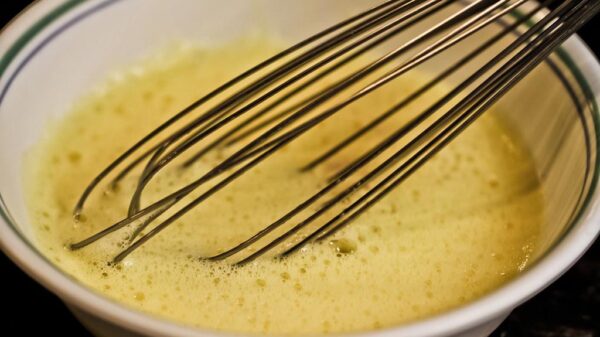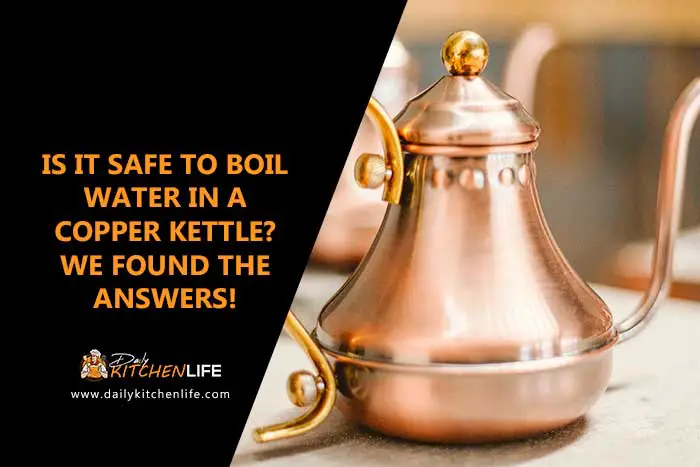Caffeinated beverages are one of the most common items for regular consumption among both men and women alike. And among these, coffee is mostly used, with over a staggering 80% of the US adult population consuming it. But some ask, does coffee interfere with iron absorption?
And some also claim that it may have some effect. But what is the factual basis of this claim? That’s what we’re going to discuss here.
Does Coffee Interfere with Iron Absorption
It’s a question, the answer to which remains shrouded in mystery. That’s we’ll discuss the issue in detail and provide you with more in-depth insight regarding the factor.
What’s Iron and Why Should We Have It?
Irons are one of the most vital elements in the human body. It’s a mineral that resides at the cellular level. Iron deficiency can affect us in ways that’d be too painful to maintain a regular everyday life.
Unnatural Tiredness
This is the number one consequence of having a lower iron in the body. You’d feel fatigued, and it will disrupt the day to day living completely.
Hemoglobin deprive blood cannot carry required oxygen to the body parts making them exhausted.
Shortness of Breath
Another common phenomenon due to iron deficiency is shortness of breath. Lack of iron in the body makes the blood cells deprived of oxygen.
To supply the excess lack of oxygen, your body will automatically increase the breathing rate to fulfill the falling oxygen demands. As a result, you’d see a sharp rise in the quick and heavy breathing cycle. And that is what is regarded as the shortness of breath in the medical terminology.
Damaged Skin and Hair
Another issue with iron deficiency is the damaging of hair and skin, as you may have already known that oxygen is vital for skin and hair development. But when the body’s internal supply of oxygen in the blood levels is low, then quite common, they’re supposed to get damaged easily. You’d notice hair fall. And would also witness the worsening of the skin.
Well, these are some of the critical issues you should be experiencing if an iron deficiency occurs. Thus, it makes the entire problem extremely serious, and it’s why you should avoid foods that can interfere with iron absorption.
What decreases iron absorption
You’d find some foods and elements that contribute positively to the decrease in iron absorption. Among them, calcium is one of the ingredients. Calcium found in yogurt, canned salmon, milk, broccoli, and almonds is known as essential foods that can decrease iron absorption.
Eggs are another effective food that plays a role in reducing iron absorption. Finally, Oxalates and Polyphenols found in kale, chocolate, strawberries and peppermint, cocoa, coffee, and walnuts can also minimize iron absorption.
Some may ask how long after taking iron, can you drink coffee? It’s suggested to take iron supplements or iron-rich foods two-three hours after or before drinking coffee. It will minimize coffee’s impact on iron.
You can check out our latest articles:
- best plumbed coffee maker
- best coffee beans for superautomatic espresso machines
- best coffee grinder for french press
- best 2 way coffee maker
- best automatic pour over coffee maker
- best coffee makers that grind beans
- best copper tea kettle
- cosori electric gooseneck kettle review
- bodum gooseneck kettle review
- fellow stagg ekg electric pour over kettle review
Answer to the Main Question
As we have gone through how the lack of iron can influence the body’s orderly functions, now it’s time to find out the truth about coffee. Coffee is a substance everyone loves to have, mostly because of its nature of providing instant energy and the power to work! But does it interfere with iron absorption?
Well, the answer cannot be a direct yes or no, as it’s a bit complex. First of all, coffee has little impact on iron. Polyphenols present in the coffee’s structure can have a slight effect on iron. They tend to latch on the iron molecules, slightly sucking up the iron’s potentials. Well, this may sound quite scary, but the actual reality is a bit different.
Because these polyphenols are only able to do such a thing when you just have consumed any iron-rich foods or iron supplements and had a shot of coffee right after that.
There’s another catch here, too; this particular Polyphenol would only latch on the ‘non-heme’ variant of iron, mostly derived from the plants or vegetables.
On the other hand, Polyphenols would not affect the ‘heme’ variant of iron.
What are the Suggestions
As we have researched what inhibits iron absorption and found coffee to be among the few substances that has a slight tendency to interfere with the iron absorption but not to an alarming rate. Its focus is also relatively narrow as well. Similarly, you may want to replace coffee with, but do you know, does tea inhibit iron absorption?
Or does herbal tea affect iron absorption? Well, the answer, yes. They also influence iron absorption levels to some extent.
So, the suggestions may vary from person to person. For those suffering from a severe case of iron deficiency or anemia, we advise them to skip having coffee or tea with their meals and lower the consumption to a certain extent. But for regular individuals who aren’t suffering from any issues related to iron deficiency, they continue drinking coffee as usual.
Final Thought
Well, you wanted to know ‘Does Coffee Interfere with Iron Absorption?’, and our highly analytical, fact-based guide has brought you the answer. Coffee’s influence over iron absorption isn’t that strong but can do some damage if you’re suffering from iron deficiency and drinking coffee right after the meal.
It will only drain all the iron you’ve just taken from the meal and leave you lacking in iron, making people feel weaker and much more fatigued than normal. That’s why you should follow the guidelines we’ve talked about here strictly. Maintain the clinical instructions properly and have your coffee breaks without any issue from now on!

